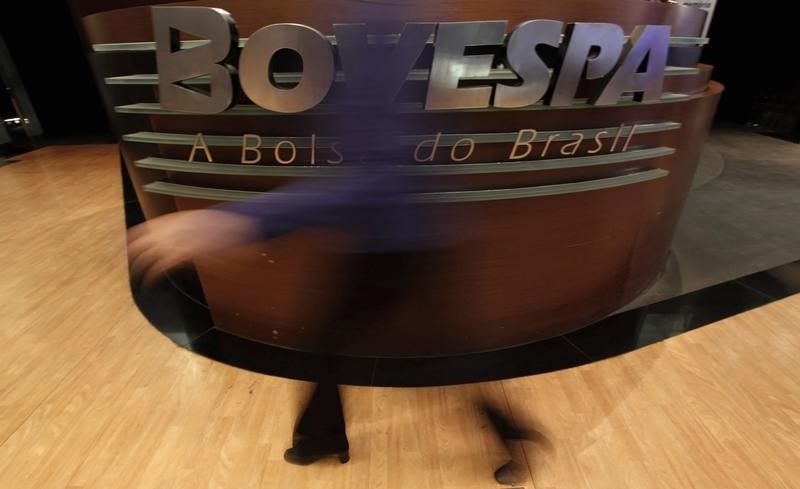LONDON (Reuters) - Companies that manage portfolios for individual families are looking to increase investments in emerging markets after higher equities helped them achieve average returns of 7 percent in 2016, according to a report by Campden Research and UBS.
The companies, known as family offices, had an overall return of 0.3 percent in 2015, according to the report, which surveyed 262 families with an average portfolio of $921 million (699.05 million pounds) in assets under management.
"Overtime, family offices have gone more illiquid and more risky in terms of asset classes and this allocation decision has actually paid off because those asset classes have performed well in 2016," Sara Ferrari (NYSE:RACE), head of the Global Family Office Group at UBS, said.
"They say they will continue to be invested in equities and a lot say they are looking at switching to developing markets equities from developed markets in search for yield, which is not very easy to find," she said.
Forty-four percent of the family offices surveyed said they were planning to increase investment in developing markets equities, while 21 percent said they would allocate more to developed market equities.
The MSCI's All-Country World Index (MIWD00000PUS), a widely-tracked index of global stocks, has hit all-time highs this year thanks to low interest rates, receding European political risks, strong earnings and better growth prospects.
The average family office portfolio currently has 27 of its assets invested in global equities with 7 percent allocated to emerging markets.
Family investors also focus on private equity, taking stakes in small- and medium-sized companies. Private equity funds account for 20 percent of the average family office portfolio.
"This share looks set to grow further as ... 40 percent (of family offices) intend to allocate more into private equity funds," the report said.
Allocations to hedge funds by family offices continued to decline last year, falling to 7.1 percent from 8 percent in 2015 and that is unlikely to rebound, the report said.
The decline mirrors a similar trend among institutional investors, who pulled $11.5 billion from multi-strategy funds in 2016 after three consecutive years of net additions, according to data tracker eVestment.
